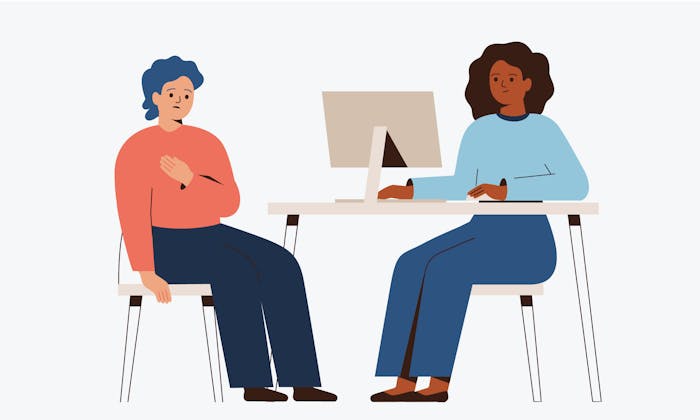Contacting the police when there is no immediate danger
Whether the violence is ongoing or not, you can talk to the police for advice or to file a report. It does not matter if the offense occurred in Iceland or abroad.
It is a criminal offense to commit violence against another person. If you mention a specific offense, the police will investigate the matter. If there is not enough evidence to proceed with the case, the report can still strengthen it later.
Advice from the police
You can always contact the police for advice. You can speak with a police officer at victim support centers and at emergency rooms or healthcare institutions across the country. You can also contact the police through the 112 online chat or by directly contacting a specific police district.
- You do not need to mention a specific offense.
- You can mention a specific offense that you or someone you know has experienced.
- It does not matter how long ago the offense occurred.
- It does not matter whether the offense has been reported or not.
- It also does not matter whether there are plans to report the offense or not.
At a victim support center
At victim support centers, you can speak with a police officer, whether you want advice or want to file a report.
At a reporting reception
If you want to report domestic violence, you can book an appointment at a reporting reception on the police website and get an appointment on the same day or the next day. You can report the offense to the police anywhere in the country; it does not have to be where the offense occurred. The handling of domestic violence cases is the same everywhere in the country and is always a priority for the police.
You identify yourself with electronic credentials, then fill out the electronic form and submit it.
Read more about the reporting reception.
Reporting an offense that happened a long time ago
You can always contact the police and report an offense. If the case has not reached the statute of limitations, it will go to an investigator who will examine it thoroughly.
However, the longer it has been since the offense, the more difficult it can be to obtain important evidence in the case. There may be missing data, making it difficult to investigate the matter.
Sometimes a case has reached the statute of limitations, which means that according to the law, too much time has passed since the offense occurred for it to be prosecuted. However, you can always report the offense to the police and give a statement. Some survivors find this liberating, and it helps them overcome the trauma.


